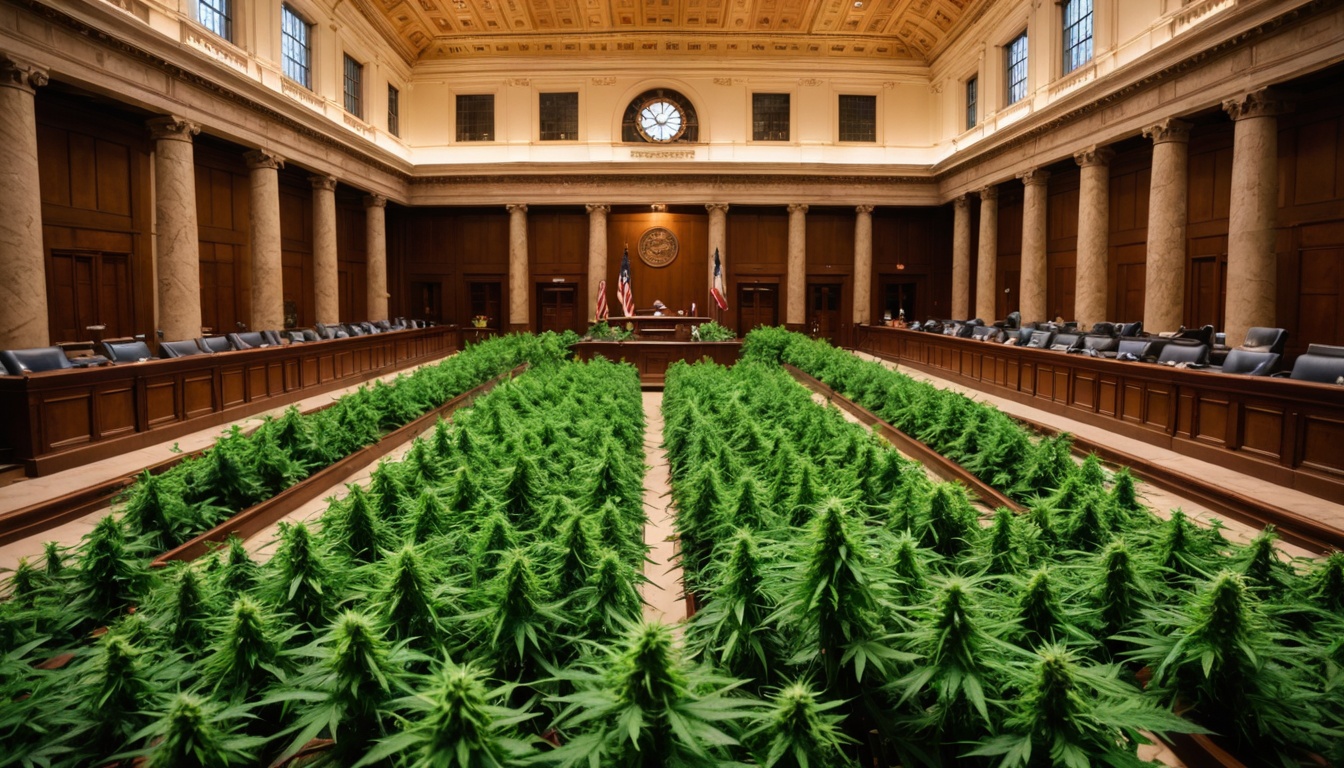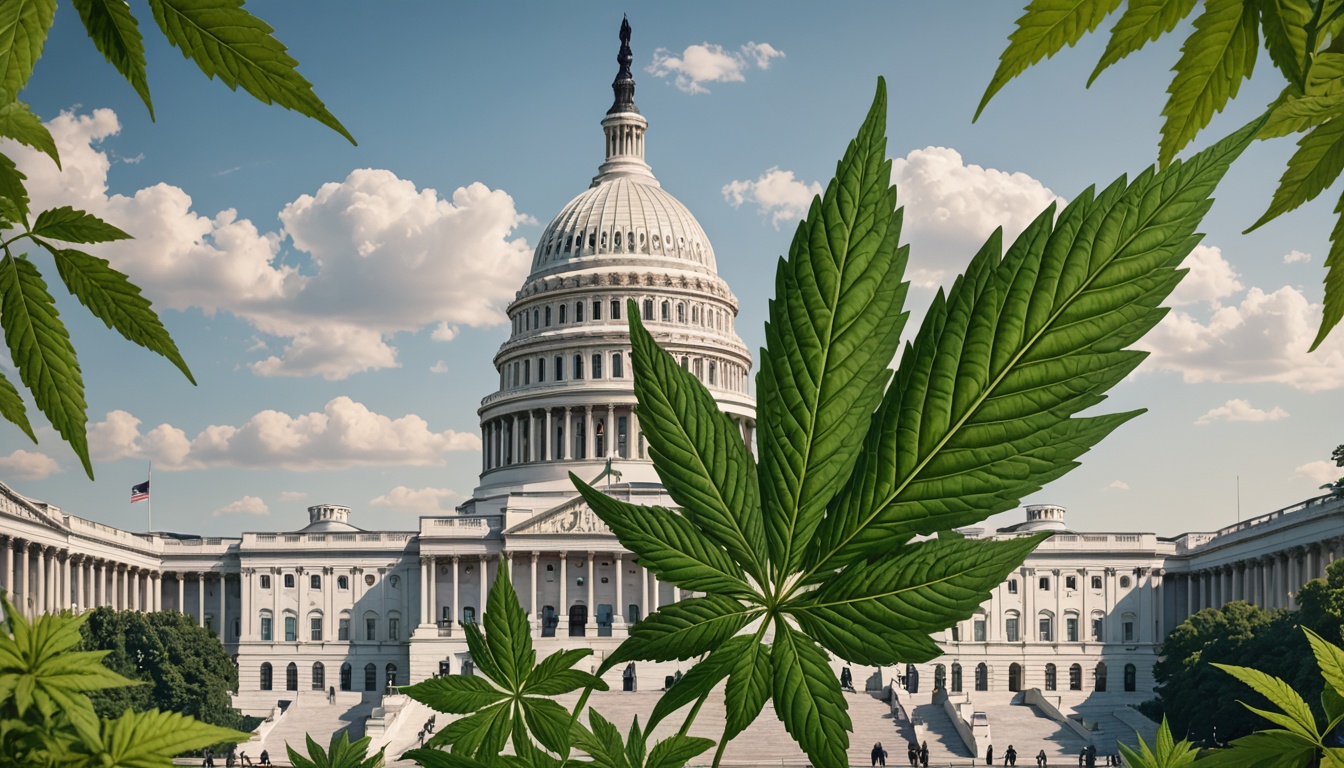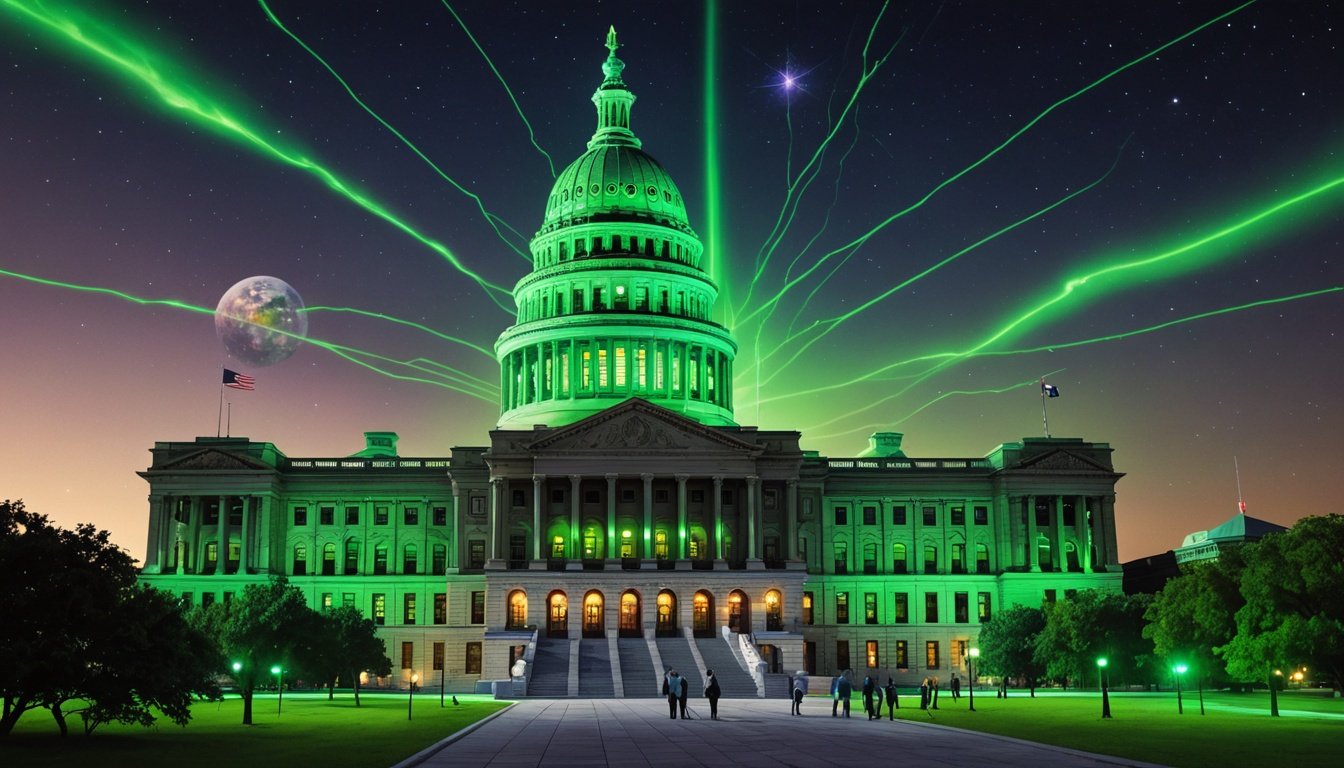Montana Governor Signs Bill to Expand Conservation Funding
Montana Governor Greg Gianforte has signed House Bill 932, a proposal that aims to expand the uses of conservation-dedicated tax revenues generated from recreational marijuana sales. The bill, which takes effect on July 1, will redirect the roughly $10 million in funding to a new “habitat legacy account.”
The account will be divided into three separate funding buckets. The majority of the funds, 75%, will support Habitat Montana and state water projects. The remaining 20% will be allocated to the Wildlife Habitat Improvement Program (WHIP), which focuses on improving wildlife habitats. The remaining 5% will go towards the newly established wildlife crossings account, which aims to reduce wildlife-vehicle collisions.
The bill’s sponsor, Rep. Ken Walsh, praised the legislation for its support of state-owned water projects, public-private habitat improvement partnerships, and efforts to mitigate wildlife-vehicle collisions. Walsh also highlighted the bill’s goal to “get rid of some of the bureaucracy” associated with implementing conservation projects.
HB 932 received bipartisan support and was endorsed by various conservation organizations, including Wild Montana, the Montana Conservation Voters Education Fund, the Teddy Roosevelt Conservation Partnership, and the Rocky Mountain Elk Foundation.
The new law will allow individual landowners, tribal governments, conservation districts, and other entities to apply for funding to support habitat improvement projects on private land. These projects can include invasive species mitigation, fence modification or removal, riparian restoration, soil conservation, conifer removal, and more.
In contrast, Senate Bill 537, a competing measure, would also create a habitat legacy account but would not include funding for water storage projects and would redistribute other portions of the tax revenue.
Governor Gianforte’s signature on HB 932 improves the bill’s prospects, but other twists in the bill’s path are still possible. SB 537 has a provision that would take precedence if both bills are approved, meaning that a successful legislative veto override of Zolnikov’s bill could nullify HB 932.












